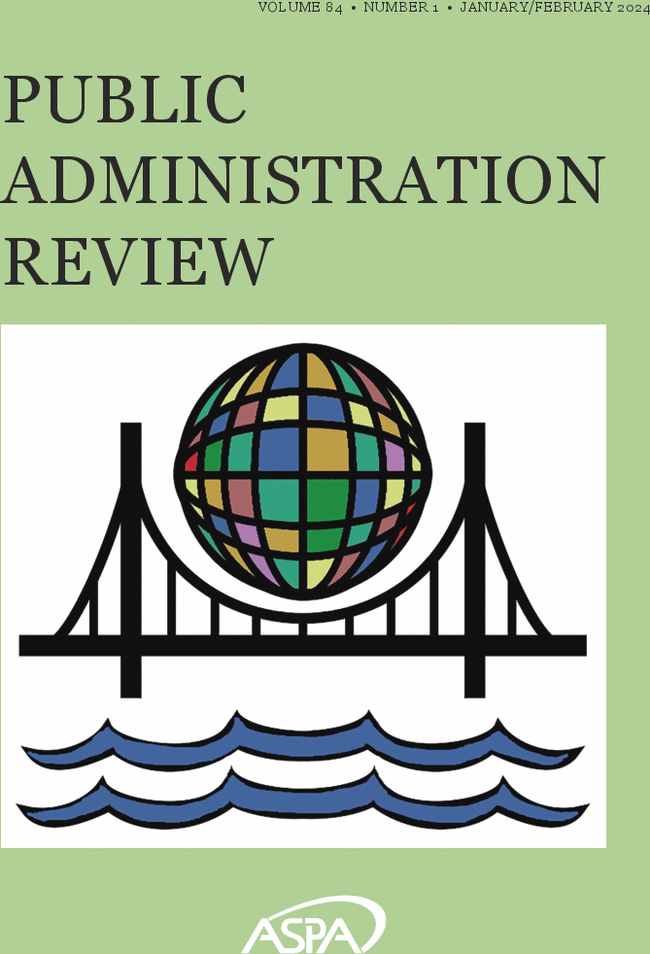非正当任务如何抑制公共部门员工的创新工作行为:认知灵活性和领导者信任的作用
IF 4.9
1区 管理学
Q1 PUBLIC ADMINISTRATION
引用次数: 0
摘要
非法任务是指违反既定角色期望的职责,例如分配城市规划官员管理交通热线。在公共部门,官僚结构、资源限制和领导力限制往往导致这类任务的激增,但它们对公务员行为的影响尚不清楚。本研究通过认知灵活性的中介作用和不同形式的信任对公务员创新工作行为的调节作用,探讨了非正当任务对公务员创新工作行为的抑制作用。利用越南公务员及其管理者的多波数据进行的层次模型分析表明,非法任务通过认知灵活性间接降低了创新工作行为。此外,基于关系的信任会放大非法任务对认知灵活性的负面影响,而基于性格的信任则不会。这些发现强调了减少非法任务分配的必要性,并揭示了在这种不利的工作条件下,基于关系的信任的潜在缺点。本文章由计算机程序翻译,如有差异,请以英文原文为准。
How Illegitimate Tasks Inhibit Public Sector Employees' Innovative Work Behavior: The Roles of Cognitive Flexibility and Trust in Leaders
Illegitimate tasks are duties that violate established role expectations, such as assigning urban planning officers to manage traffic hotlines. In the public sector, bureaucratic structures, resource constraints, and leadership limitations often contribute to the proliferation of such tasks, yet their impact on public servants' behaviors remains unclear. This study examines how and when illegitimate tasks inhibit public servants' innovative work behavior through the mediating role of cognitive flexibility and the moderating roles of different forms of trust in leaders. Hierarchical model analyses using multi‐wave data from public servants and their managers in Vietnam reveal that illegitimate tasks indirectly reduce innovative work behavior via cognitive flexibility. Additionally, relationship‐based trust amplifies the negative effect of illegitimate tasks on cognitive flexibility, whereas character‐based trust does not. These findings highlight the need to minimize illegitimate task assignments and reveal the potential drawbacks of relationship‐based trust in such adverse work conditions.
求助全文
通过发布文献求助,成功后即可免费获取论文全文。
去求助
来源期刊

Public Administration Review
PUBLIC ADMINISTRATION-
CiteScore
15.10
自引率
10.80%
发文量
130
期刊介绍:
Public Administration Review (PAR), a bi-monthly professional journal, has held its position as the premier outlet for public administration research, theory, and practice for 75 years. Published for the American Society for Public Administration,TM/SM, it uniquely serves both academics and practitioners in the public sector. PAR features articles that identify and analyze current trends, offer a factual basis for decision-making, stimulate discussion, and present leading literature in an easily accessible format. Covering a diverse range of topics and featuring expert book reviews, PAR is both exciting to read and an indispensable resource in the field.
 求助内容:
求助内容: 应助结果提醒方式:
应助结果提醒方式:


